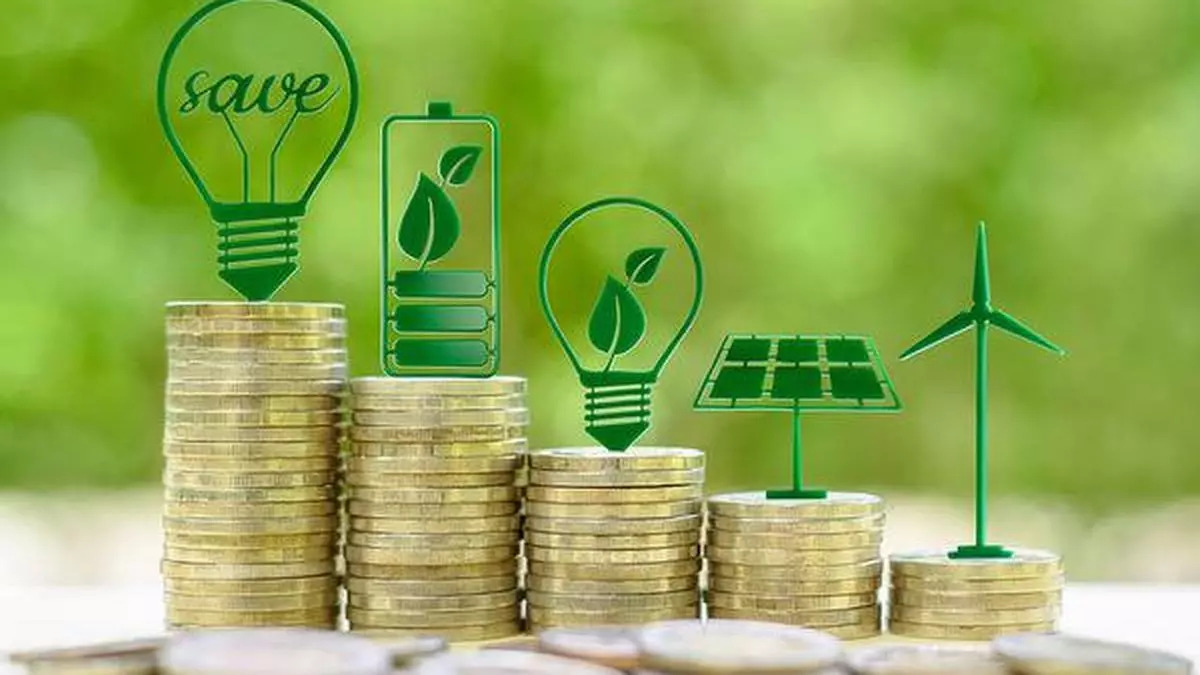
Maharashtra Approves 7,000 MW Solar Energy Plan to Power Agriculture and Boost Sustainability – EQ
In Short : The Maharashtra Electricity Regulatory Commission (MERC) has approved MSEDCL to procure over 7,000 MW of solar energy to power agricultural connections. The initiative aims to provide farmers with reliable daytime electricity, reduce reliance on conventional power, and promote renewable energy. Solar projects will be developed on barren lands, boosting agricultural productivity, cutting costs, and supporting Maharashtra’s renewable energy and sustainability goals.
In Detail : The Maharashtra Electricity Regulatory Commission (MERC) has granted approval to the Maharashtra State Electricity Distribution Company Limited (MSEDCL) to procure more than 7,000 MW of solar energy. This decision marks a significant step toward providing reliable daytime electricity to agricultural consumers across the state. The initiative aims to address the persistent issue of power shortages in rural areas while promoting the use of renewable energy sources.
The solar energy will be generated through projects developed on barren or uncultivable land, ensuring that agricultural activities remain unaffected. By shifting a substantial portion of agricultural power demand to solar energy, MSEDCL aims to reduce its reliance on expensive and polluting thermal power. This transition is expected to lower operational costs for the utility and contribute to a cleaner environment.
Farmers stand to benefit significantly from this initiative, as it promises a stable and uninterrupted power supply during daylight hours. This will enable them to operate irrigation pumps and other equipment more efficiently, ultimately boosting agricultural productivity. Additionally, the reduced cost of solar power could lead to lower electricity tariffs for farmers, easing their financial burden.
The project aligns with Maharashtra’s ambitious renewable energy targets and supports India’s commitment to increasing its solar energy capacity. It also reflects the state’s efforts to integrate sustainable practices into its energy policies. By prioritizing solar energy for agriculture, Maharashtra is setting an example for other states to follow in addressing energy and environmental challenges.
The initiative is expected to have a positive impact on the state’s economy by creating jobs in the renewable energy sector and supporting rural development. It also underscores the importance of innovative solutions in addressing the dual challenges of energy security and climate change. The successful implementation of this project could serve as a model for other regions facing similar issues.
Overall, the approval of MSEDCL’s solar energy procurement plan represents a transformative step toward sustainable energy use in agriculture. By harnessing the power of the sun, Maharashtra is not only improving the lives of its farmers but also contributing to a greener and more sustainable future. This initiative highlights the potential of renewable energy to drive economic growth and environmental conservation simultaneously.













